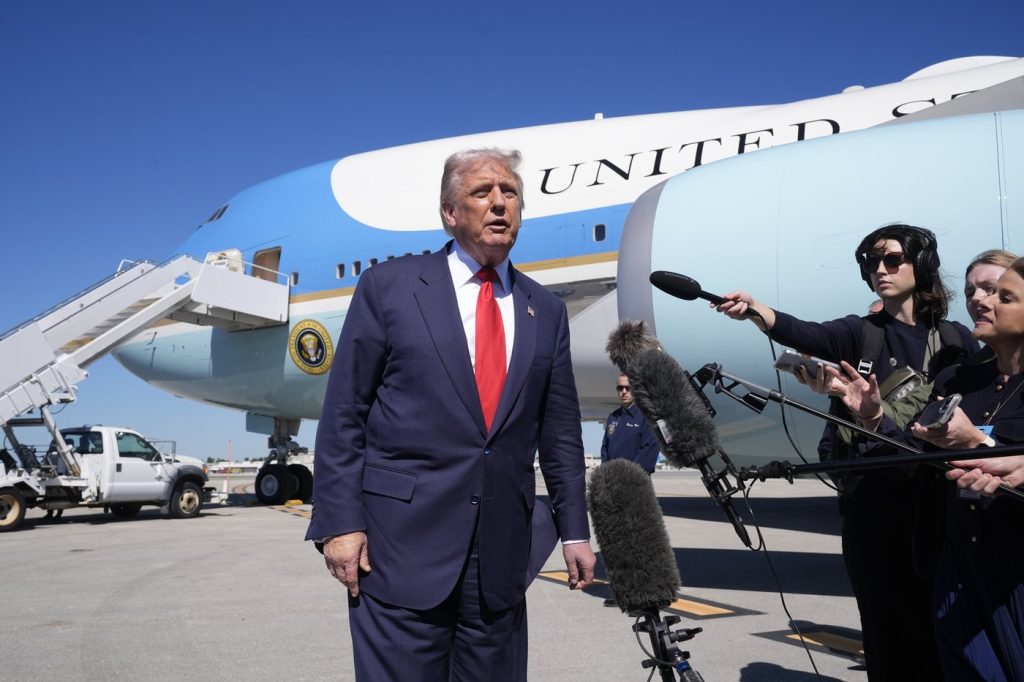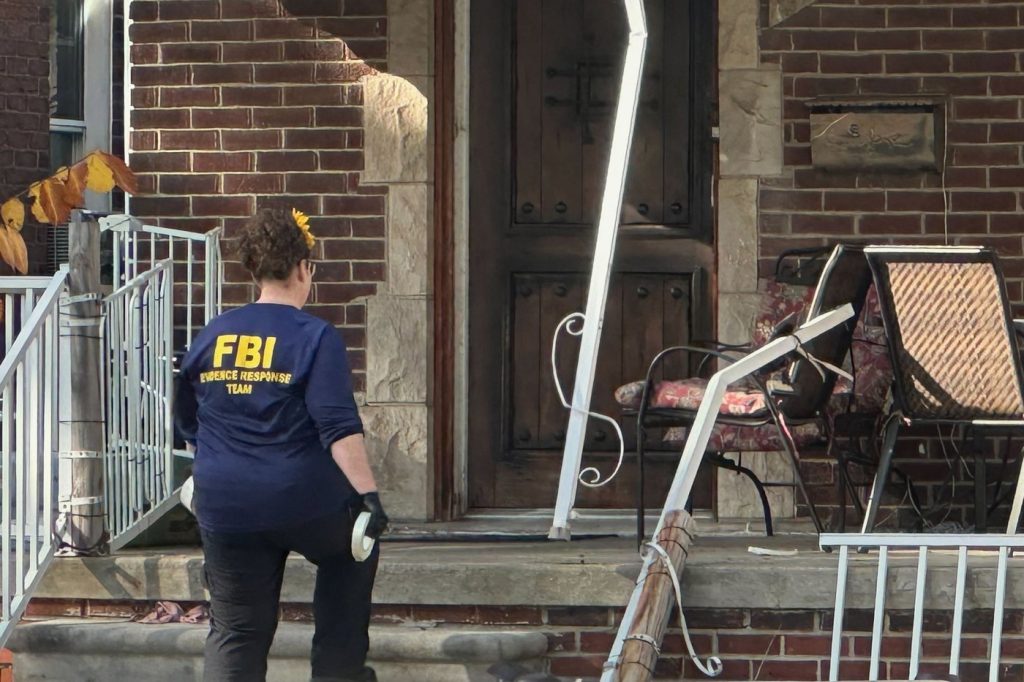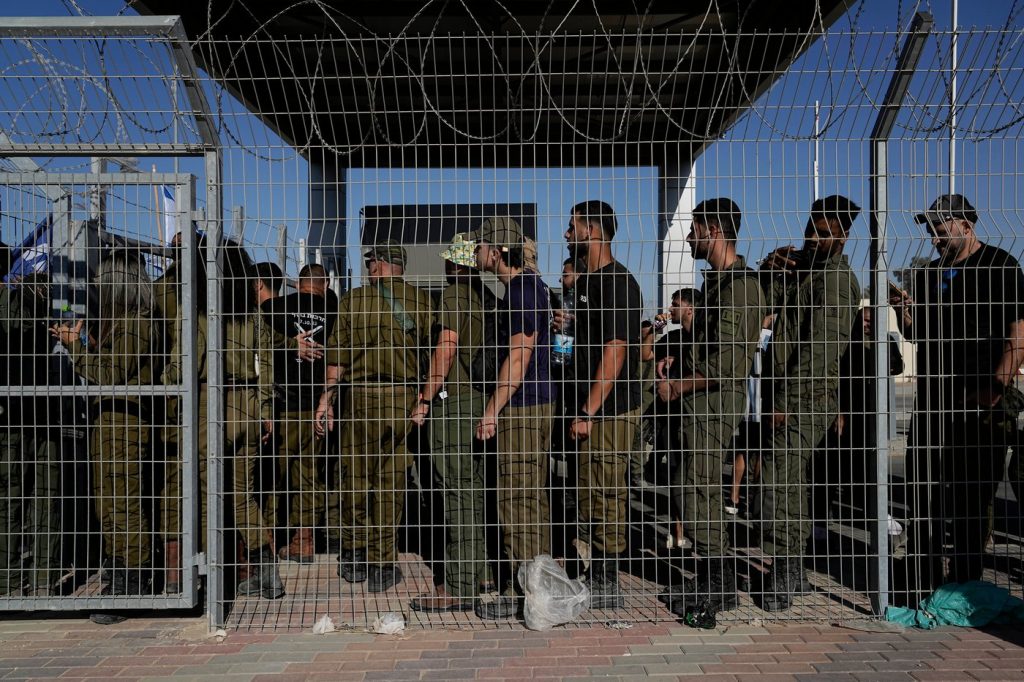On Friday, aboard Air Force One, President Donald Trump refrained from confirming whether he plans to resume underground nuclear detonation tests, despite earlier remarks on social media that raised concerns about the potential for the U.S. to test nuclear weapons for the first time in three decades. When pressed by reporters, Trump commented, “You’ll find out very soon,” without providing any further details.
Defense Secretary Pete Hegseth offered limited insight regarding the Pentagon's stance on nuclear testing, indicating that “resuming testing” could be viewed as “pretty responsible.” Trump, while en route to Florida for a weekend visit, stated, “We’re going to do some testing” and emphasized that other countries are engaging in such activities, implying the U.S. might follow suit.
His comments sparked confusion within governmental circles as well as among external observers. There were indications that Trump might be referring to testing missile delivery systems for warheads rather than the warheads themselves. Since 1992, the U.S. has abstained from detonating nuclear warheads, although it continues to conduct tests on missiles capable of delivering nuclear payloads. The Comprehensive Nuclear Test Ban Treaty, which the U.S. signed but did not ratify, has been upheld by all nuclear-capable nations except for North Korea.
The Pentagon has not responded to related inquiries, and the Energy Department, responsible for the U.S. nuclear stockpile, declined to comment. During a meeting in Malaysia of defense ministers associated with the Association of Southeast Asian Nations, Hegseth reiterated that the “president was clear: We need to have a credible nuclear deterrent,” adding that resuming nuclear tests would be “very responsible” and could potentially make nuclear conflict less likely.
Trump's remarks coincided with Russia's announcement of its testing of a new atomic-powered underwater drone and a nuclear-powered cruise missile. In response to Trump’s post, the Kremlin underscored that it abides by the global ban on nuclear testing and warned that should the U.S. choose to resume testing, Russia would respond in kind, potentially reigniting Cold War-era tensions.
Vice Admiral Richard Correll, nominated to lead the military command responsible for the nation’s nuclear arsenal, faced difficulties interpreting the president’s comments during a Senate hearing. He remarked, “I’m not reading anything into it or reading anything out of it,” highlighting the ambiguity surrounding Trump’s statements.












